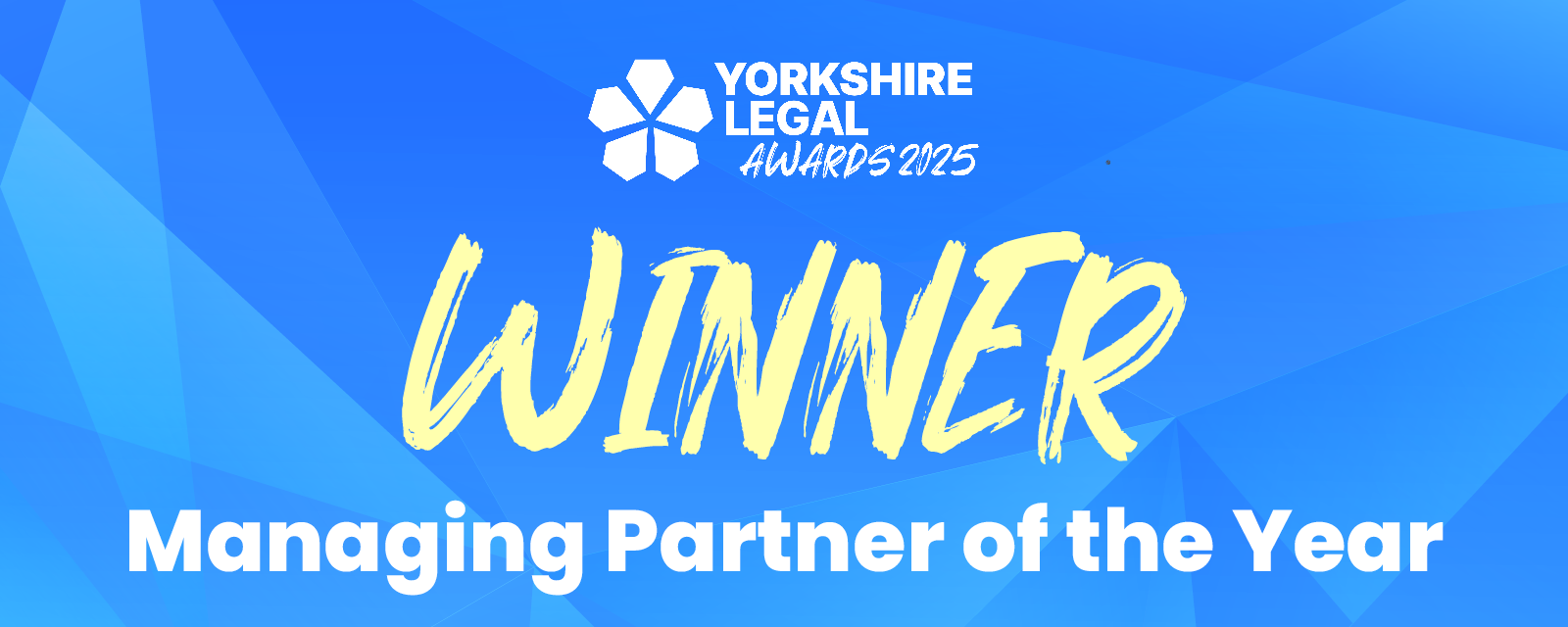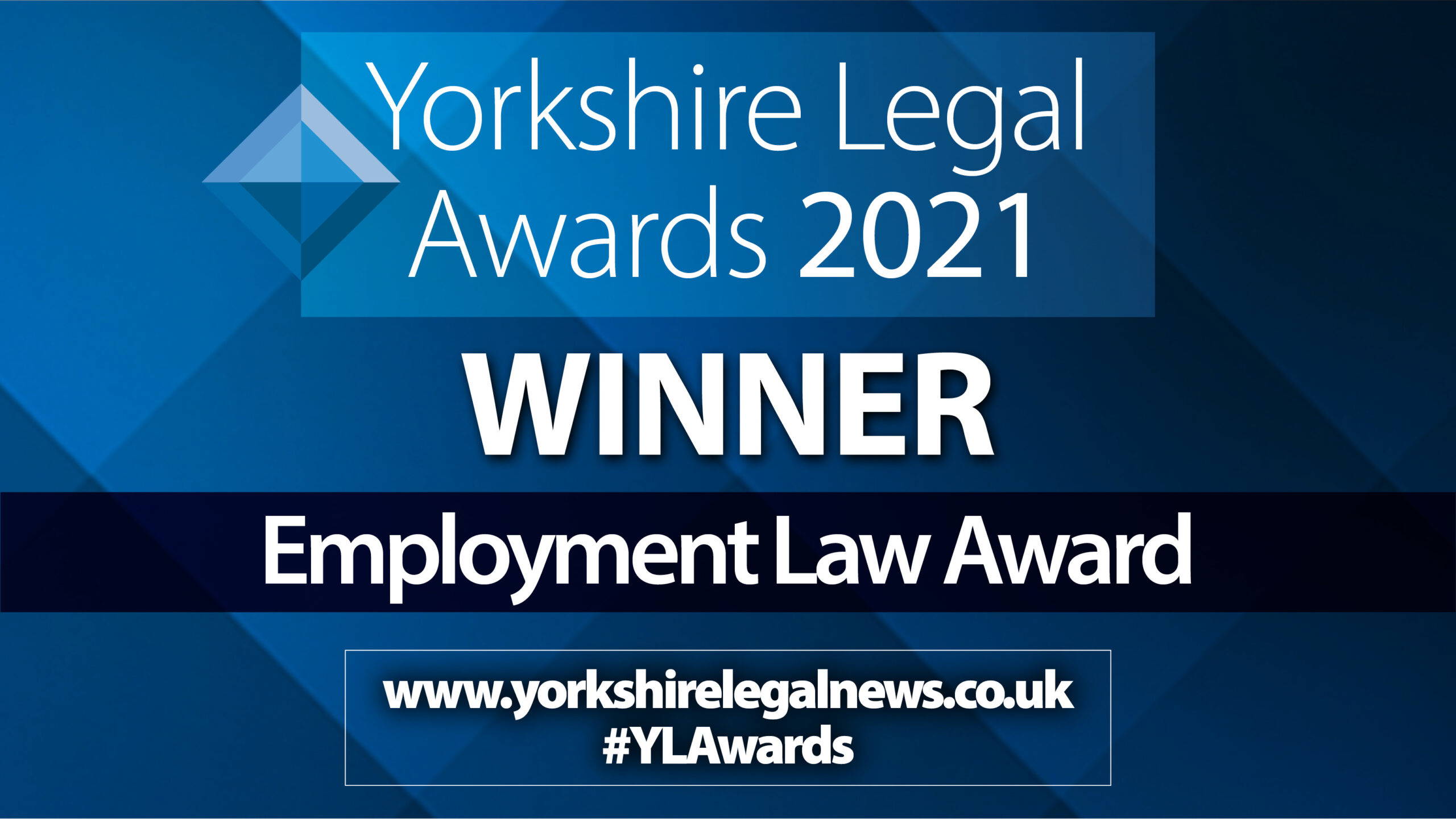Why Wellbeing Matters in Law
Working in law can be incredibly rewarding, but it’s no secret that it’s also really demanding. Tight deadlines, emotionally charged matters, and the constant pressure to perform can easily take their toll.
Chronic stress doesn’t just affect your physical health; it also impacts focus, decision-making, and even client care. When we’re running on empty, mistakes become more likely, empathy can fade, and burnout creeps in.
That’s why wellbeing in law isn’t a luxury, it’s essential. Investing in balancing your mental and physical health helps you perform at your best, sustain your career long-term, and show up for your clients and colleagues with clarity and compassion.
What is Mindfulness in a Legal Context?
Mindfulness simply means being present. It means being aware of your thoughts, feelings, and surroundings without judgment.
In a legal setting, mindfulness can be a powerful professional skill. It helps with focus, staying grounded in high-pressure moments, and managing the stress that comes with a busy workload.
Crucially, it also challenges the outdated stigma that taking care of your wellbeing is a sign of weakness. In reality, it’s a sign of self-awareness and professional strength, qualities every great lawyer needs.
Practical Mindfulness Tools for Lawyers
You don’t need an hour-long meditation practice to feel the benefits of mindfulness. Here are a few simple (and quick!) techniques that can be integrated into even the busiest legal day:
- 60-second breathing technique: Before a client call or court hearing, take a slow deep breath in for four counts, hold for four, and exhale for four. Repeat for a minute to calm your nervous system.
- Grounding exercise: When stress rises, notice five things you can see, four you can touch, three you can hear, two you can smell, and one you can taste. This simple exercise brings you back to the present.
- Digital tools: Apps like Champion Health, Headspace, or Calm offer guided meditations and stress-relief practices which are perfect for quick resets throughout the day.
Broader Wellbeing Strategies
Mindfulness is one part of a wider wellbeing toolkit. True resilience comes from looking after your whole self physically, mentally, and socially.
- Physical wellbeing: Take regular breaks, stretch at your desk, and stay active. Even a 10-minute walk can re-energise you.
- Mental wellbeing: Try journaling, gratitude lists, or brief daily reflections to process your day.
- Social wellbeing: Stay connected. Peer check-ins, lunch with colleagues, or informal support groups can make a big difference.
- Boundaries: Set limits around availability and truly switch off when the day ends. Protecting your time helps protect your energy.
Tips from the Thrive Team
At Thrive, we believe wellbeing is personal, what works for one person might not for another. Here’s how some of our team look after themselves:
Nataliia:
“Yoga helps me to ground when I feel overwhelmed. Long walks with my earpods clear my head, and I love cooking or baking when I feel stressed. Reading or playing chess also help me unwind, depending on whether I’m alone or have company.”
Annabelle:
“I try to start earlier to get ahead, but I always take a screen-free lunch break. Working in the garden and using a standing desk have made a big difference to my energy levels.”
Holly:
“I make time for a walk every day, sometimes a walking meeting, sometimes in my lunch break. It clears my mind, helps me refocus, and is such a great way to reset mentally.”
Roshni:
“I prioritise regular screen breaks between tasks, it helps me reset and stay productive. I also take a 10-minute walk after logging off to mentally transition out of work mode.”
Katie:
“I always make time for me before and after work. Whether that’s a long (or short) walk outside to get some fresh air, making a nice meal, or going to an exercise class to help me switch off.”
The Employer’s Role in Supporting Wellbeing
Law firms have a huge part to play in normalising wellbeing. Creating a culture that values rest, open conversations, and flexibility helps everyone thrive.
Examples include:
- Encouraging no-email policies after certain hours
- Offering flexible or hybrid working arrangements
- Providing access to Employee Assistance Programmes (EAPs)
- Building wellbeing check-ins into supervision and team meetings
When leaders model healthy habits, from taking breaks to leaving on time, it gives permission for others to do the same.
Building a Sustainable Legal Career
Stress will always be part of the legal world, but burnout doesn’t have to be. Mindfulness and wellbeing tools help us manage stress, stay focused, and sustain our passion for the profession.
Remember: mindfulness is a skill. The more you practice, the more natural it becomes to pause, breathe, and respond with clarity, even when you’re under pressure.
We’d love to hear from you what are your go-to wellbeing tools or mindfulness practices?
Share your tips with us on social media, or reach out if you’d like Thrive Law to deliver a bespoke wellbeing and mental health training workshop for your firm or team. Together, we can create a healthier, more sustainable legal profession.









